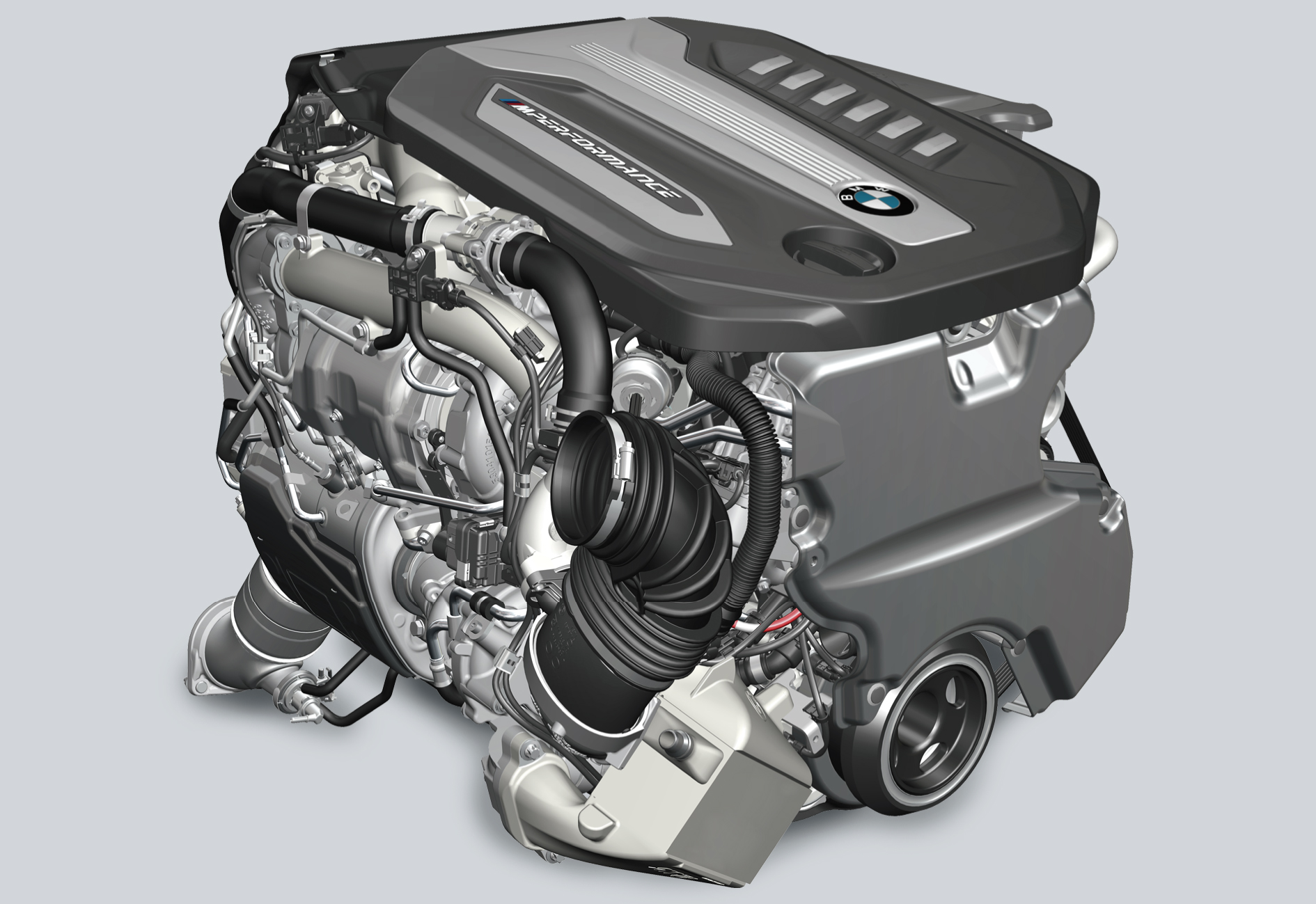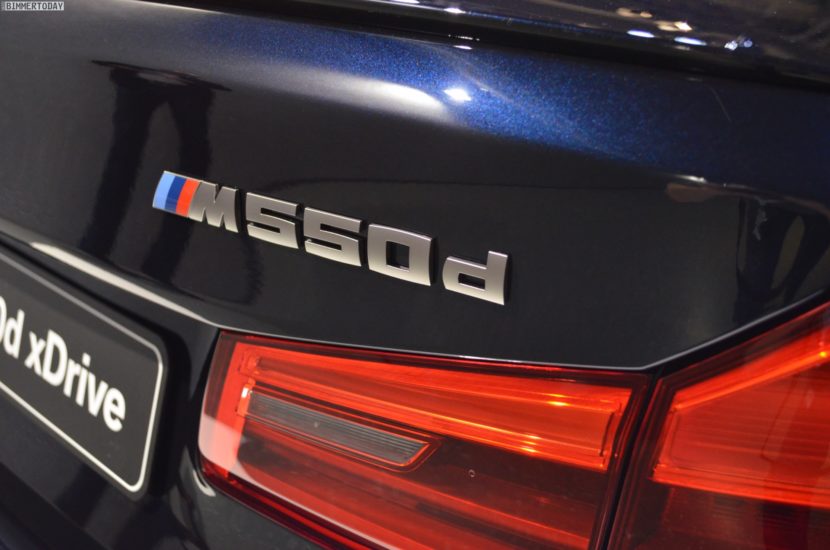Is the end of diesels near? According to Bloomberg and New York Times, City of Munich is considering a ban on diesel vehicles amid “shocking” nitrogen oxide emissions in the Bavarian capital. “As much as I would welcome avoiding such bans, I think it is just as unlikely that we can continue to do without bans in the future,” Munich mayor Dieter Reiter was quoted as saying by the Sueddeutsche Zeitung newspaper on Wednesday. Exemptions would apply for buses, taxis and diesels that meet Europe’s latest Euro 6 emissions standards.
Diesel’s image as a better-burning fuel has been tarnished by Volkswagen emissions-cheating scandal which took the world by storm two years ago and which is still an ongoing saga. Even though diesel popularity seems to be declining, their market share still accounts for 50 percent of European new-car sales. Their popularity is fueled by the better fuel efficiency than its gasoline counterparts and lower levels of CO2, in the newer models.
Cities from London and Paris to Mercedes-Benz’s hometown of Stuttgart are making moves to restrict older diesels.
In the last few years, diesel engines have played an important role in helping automakers meet the demanding emissions standards. For example, diesel-powered engines accounted for 71 percent of BMW’s total sales in Europe in the first four months, down 4.2 percent from a year earlier.
Munich’s proposal won’t solve pollution problems in the long-term, a BMW spokesman told Bloomberg. In May, the company warned that carmakers won’t be able to meet the EU’s 2020 targets on CO2 emissions without diesel, which uses about 20 percent less fuel than gasoline engines.
Mercedes parent Daimler AG has complained that such bans are unfair to customers who bought their cars as recently as 2015, before Euro 6 kicked in.
“There are better, more intelligent measures like incentives for car sharing and electric mobility that would lead to a sustainable improvement,” said BMW spokesman Glenn Schmidt.


















































